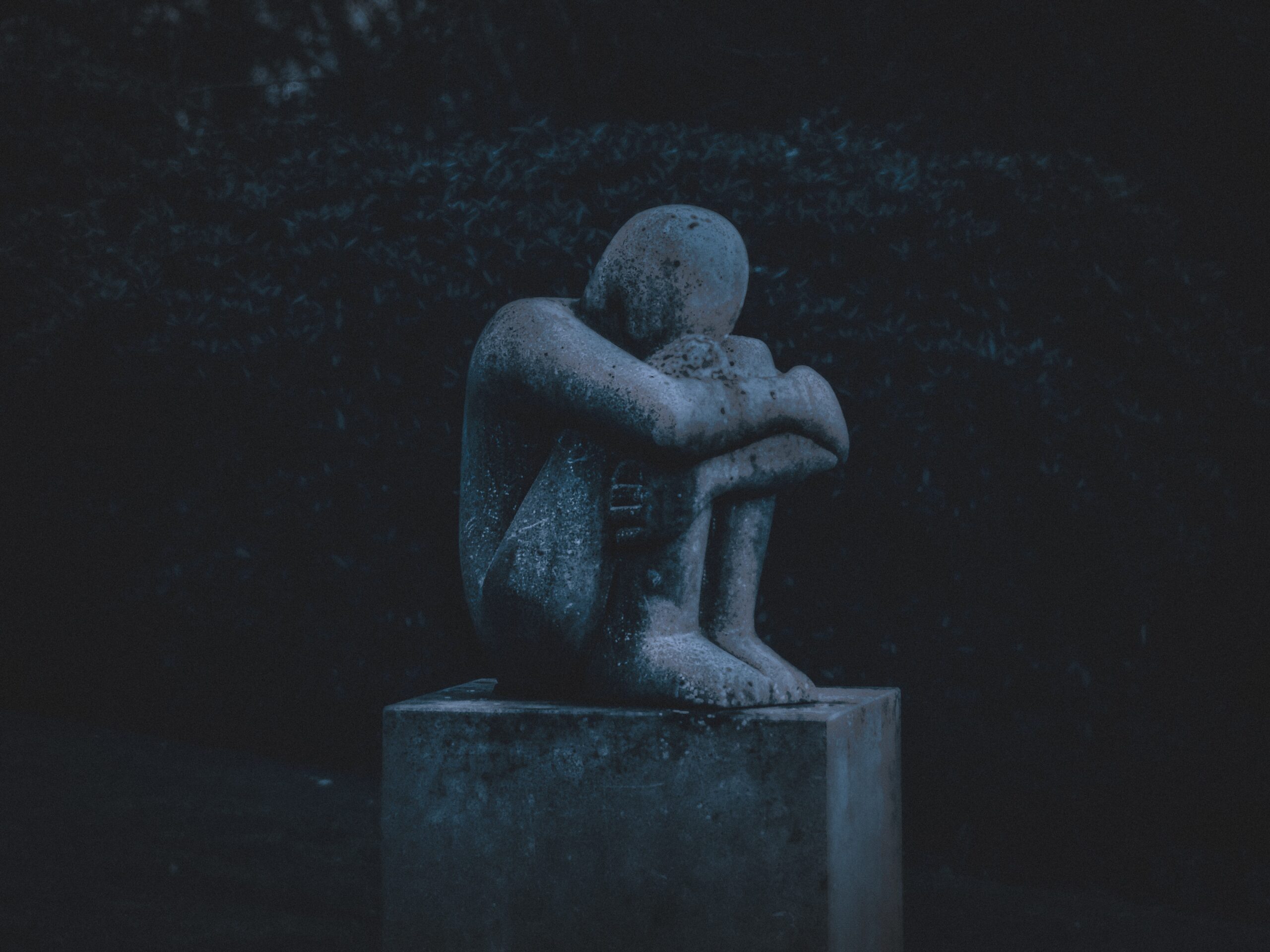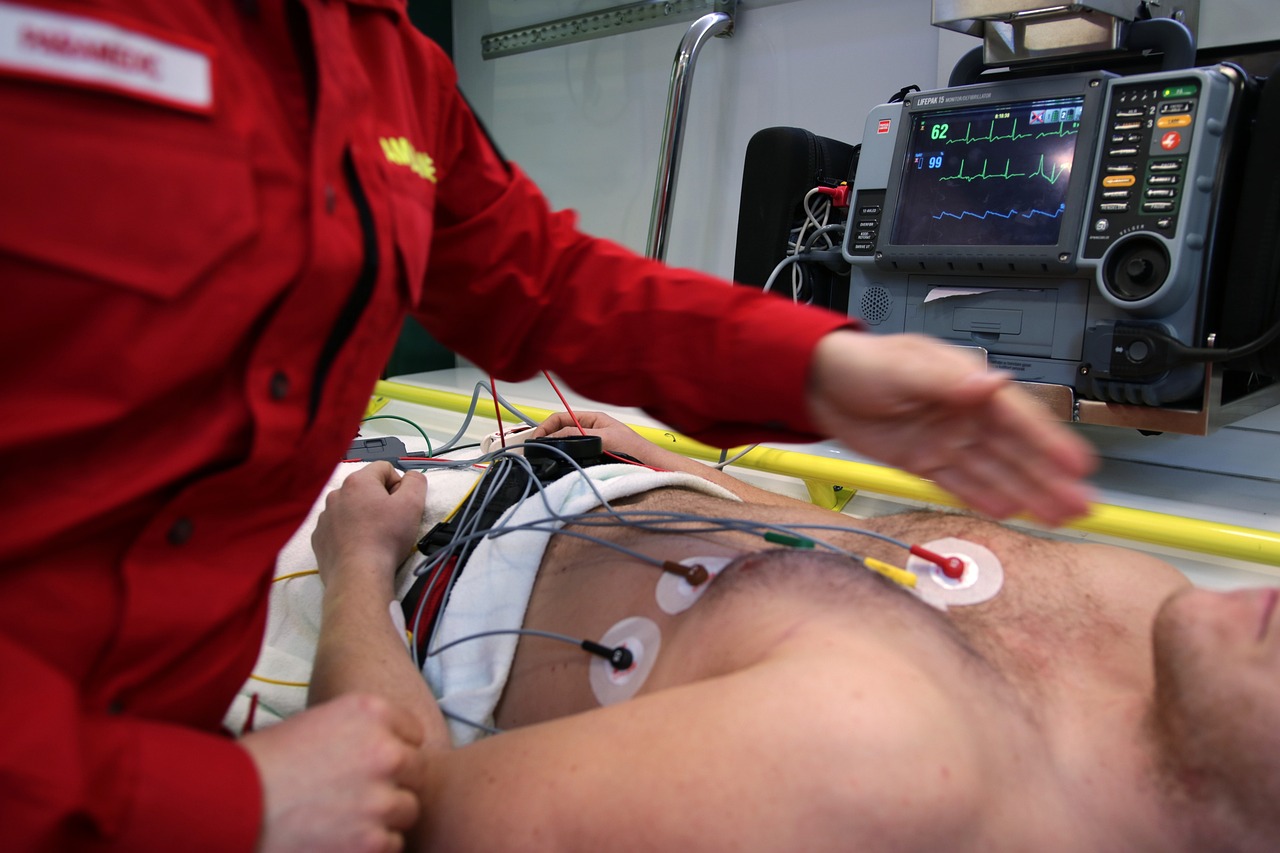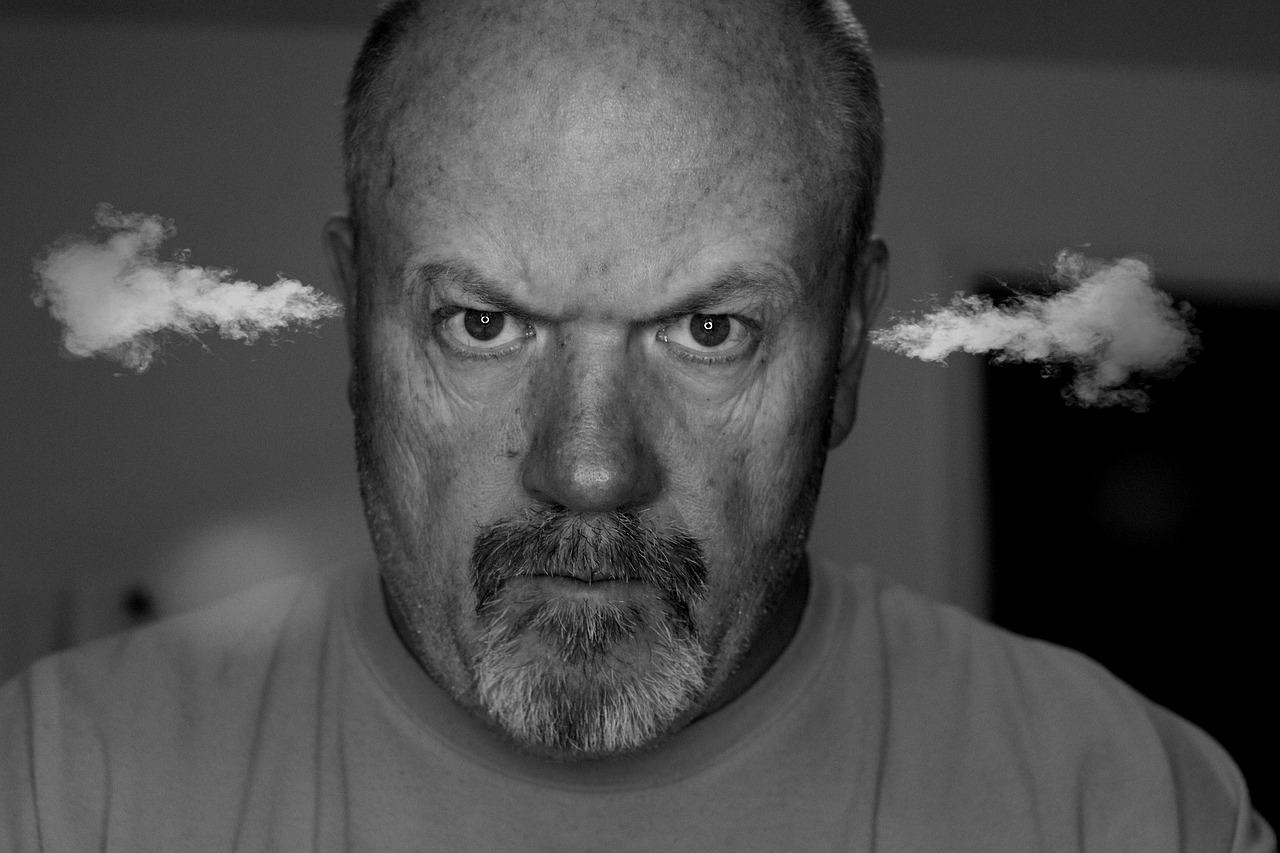Brad Hawkins
Licensed Therapist in South Carolina
If you’re struggling with anxiety, depression, or difficult life changes and you live in South Carolina, I’m here to help. I was trained as a scientist-practitioner and use empirically supported treatments to help people dealing with things like panic, OCD, PTSD, social anxiety, and depression. No one asks for these things, but often people find themselves in need of help. If you are one of those people, you are not alone. Roughly one in five people receives some form of mental health treatment in any given year. I offer a free consultation to answer your questions and help us determine if I am the therapist for you.
or


Anxiety
Anxiety is a natural response to stress or perceived danger, characterized by feelings of fear, worry, and apprehension. It is a normal part of life, and can be helpful in preparing for challenging situations, but when it becomes excessive, persistent, and interferes with daily functioning, it can be considered an anxiety disorder. Symptoms of anxiety can include restlessness, irritability, difficulty concentrating, muscle tension, and sleep disturbances. Anxiety disorders can be caused by a combination of factors, including genetics, brain chemistry, life experiences, and environmental stressors.

OCD
Obsessive-compulsive disorder (OCD) is a mental health condition characterized by recurring, unwanted, and intrusive thoughts, feelings, or sensations (obsessions) that lead to repetitive, ritualistic behaviors (compulsions) aimed at reducing anxiety or preventing harm. OCD can manifest in various forms, such as contamination fears, symmetry and orderliness, aggressive or sexual thoughts, and religious or moral obsessions, among others. The compulsive behaviors that accompany obsessions can include excessive cleaning or washing, checking, counting, or repeating certain actions.

Depression
Clinical depression, also known as major depressive disorder (MDD), is a condition characterized by persistent feelings of sadness, hopelessness, and despair that can interfere with daily life. Symptoms of depression can vary in intensity and duration, but often include loss of interest or pleasure in activities, changes in appetite or sleep patterns, fatigue, difficulty concentrating, feelings of worthlessness or guilt, and thoughts of self-harm or suicide. Depression can be caused by a combination of genetic, biological, environmental, and psychological factors, and can affect people of all ages and backgrounds.

PTSD
Post-traumatic stress disorder (PTSD) is a mental health condition that can develop after a person experiences or witnesses a traumatic event. It is characterized by symptoms such as intrusive memories, nightmares, flashbacks, and avoidance behaviors, as well as negative changes in mood and thinking, and increased arousal and reactivity. PTSD can occur after a range of traumatic experiences, such as military combat, sexual or physical assault, natural disasters, or accidents, and can have a significant impact on a person’s daily functioning, relationships, and quality of life.

Anger
Anger is a complex emotion characterized by feelings of intense displeasure, frustration, and irritation. It can be triggered by a variety of factors, such as feeling threatened, mistreated, or disrespected, and often involves physical and cognitive changes. When expressed constructively, anger can motivate action and help assert boundaries, but when suppressed or expressed destructively, it can damage relationships, harm mental and physical health, and lead to aggressive or violent behavior.

Life Changes
Life is guaranteed to change whether we want it to or not. Sometimes, a stressful life event that exceeds what would normally be expected can cause significant distress. Things such as the loss of a job, relationship problems, or financial difficulties can produce feelings of sadness, anxiety, or hopelessness, changes in mood or behavior, social withdrawal, and physical complaints such as headaches or stomachaches.
